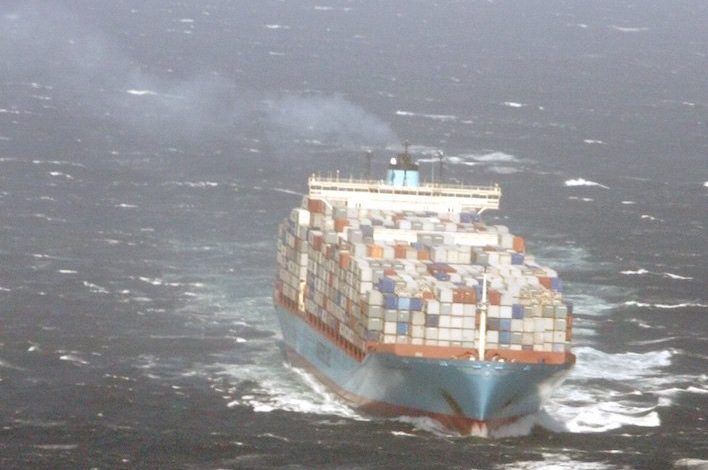IMO attempts to hold back the tide on GHG emissions

Maurice Meehan, director of shipping operations at the Carbon War Room, reflects on last week’s MEPC gathering.
Last week saw IMO’s Marine Environment Protection Committee (MEPC 71) meet in London. The event saw the draft outline for the reduction of GHGs and the agreement of a three-phased approach, with the first being the collection of fuel oil consumption data from 2019 to 2021. The timeline on data-collection is promising as it keeps shipping on its own schedule for implementing GHG emissions reduction by 2023, however, the language used in the final phase – “decision making on what further measures, if any, are needed” – still holds the possibility of inaction .
Shipping has been under increased scrutiny since the signing of the Paris Agreement 18 months ago. The industry is under growing pressure from its customers, industry organisations and civil society, to play its part in holding global temperatures to well below two degrees Celsius. The deal at the International Civil Aviation Organization to commit air transport to carbon neutral growth from 2020, based on carbon offsetting, leaves shipping as the only industry without legislation to limit or offset GHG emissions.
Data on GHG emissions from shipping exists. In fact, the IMO has so far commissioned three studies on GHGs from the industry – 2000, 2009 and 2014. Each calculated the total emissions from shipping and each predicted that it could grow up to 250% by 2050. This is at odds with the levels that would bring shipping in line with Paris’s 2-degree trajectory – a 50% reduction in total annual GHG emissions from 2008 levels by 2050. This is the ambition that IMO must work towards and that the Carbon War Room supports. To achieve a 50% total reduction in emissions from the industry further measures are needed.
There is growing cross-industry support for such an approach. Last week the International Chamber of Shipping’s director of policy and external relations, Simon Bennett, stated “IMO Member States should consider a percentage by which the total CO₂ from shipping should reduce by 2050. Although this would present a significant challenge, we have not ruled out a 50 per cent cut being the possible number, with further reductions thereafter.”
With both the EU and China recommitting their support for emissions reduction in shipping, and with the convincing data presented at MEPC on which technologies can best help us meet this goal, there is a rising tide of will to decarbonise the industry. Some action is being taken now to reduce emissions significantly on a vessel-by-vessel basis. We hope the IMO recognises the good work already being done by business, works to incetivise it further, and supports the development of infrastructure for decarbonisation before shipping becomes the last industry to peak total GHG emissions.

The reference to King Canute is pertinent.
The best interests of the shipowning and the shipbuilding businesses lie in accepting heavy penalties for high levels of emissions. Let us assume that ships slow down to, say, six knots…